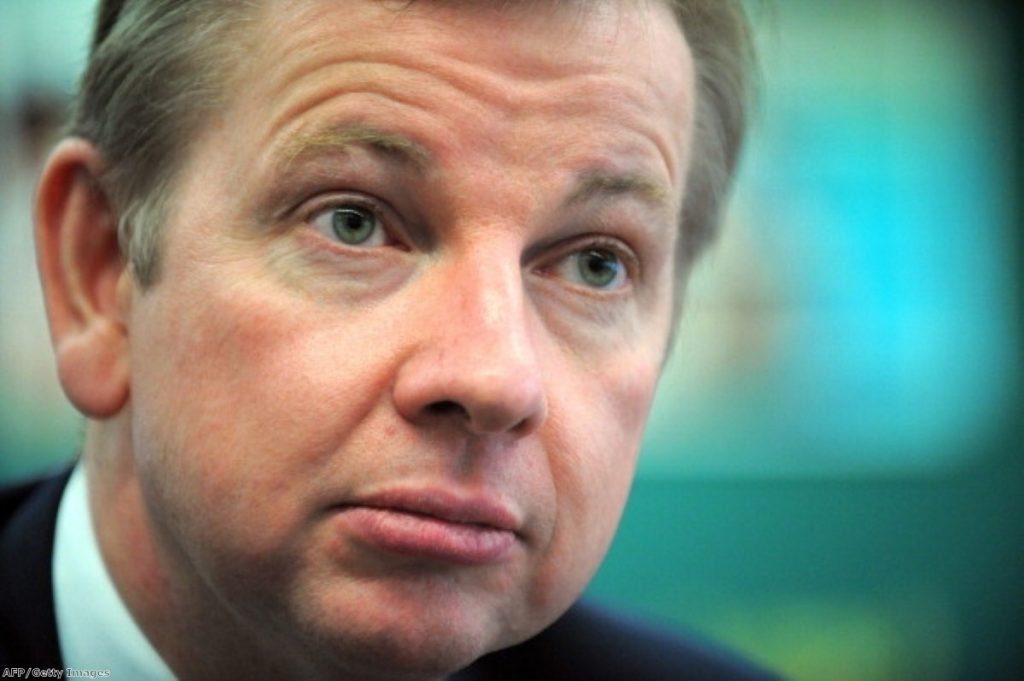Prisoners could earn release through education
Prisoners could learn their way to an early release from jail, under plans being considered by Michael Gove.
The justice secretary outlined the idea during his first major speech on prison policy at the Prisoner Learning Alliance this morning.
Conservatives have long toyed with the idea of linking release to educational activity, with one policy idea from 2008 suggesting inmates could earn early release at the standard halfway point of a sentence.
But with most fixed-term prisoners already automatically released at that point, the policy would almost certainly end up costing the Ministry of Justice (MoJ) money, as some would invariably fail to satisfy the requirements.


Instead, officials are likely to have been asked to find ways of linking education to release date in a way which saves money, possibly through allowing early release but demanding that the rest of the sentence be completed under a home curfew with an electronic tag.
Whichever option he picks, budgetary constraints will encourage Gove to pursue a strategy which gets inmates out of jail earlier.
"In prisons there is a literally captive population whose inability to read properly or master basic mathematics makes them prime candidates for reoffending," Gove said
"Ensuring those offenders become literate and numerate makes them employable and thus contributors to society, not a problem for society.
"I fear the reason for that is, as things stand, we do not have the right incentives for prisoners to learn or for prison staff to prioritise education. And that's got to change.
"I am attracted to the idea of earned release for those offenders who make a commitment to serious educational activity, who show by their changed attitude that they wish to contribute to society and who work hard to acquire proper qualifications, which are externally validated and respected by employers."
Gove appears to want to encourage governors to pursue different strategies for prison education by allowing them to choose the education provider in their institution.
Prison education is currently organised by the Department for Business, Innovation and Skills rather than the MoJ, with contracts often handed out to voluntary and private groups.
Standards of education are inadequate in three out of every five prisons, according to Ofsted.
But Gove will struggle to make significant changes to the prison education system without addressing the shortage of staff. Many prisoners report not having enough prison officers around to take them from their cells to the activities they are signed up to.
Some say they have to wait days before they can be taken to the prison library or the gym. Attempts to get prisoners into educational centres in the prison could face similar problems. This situation leaves many prisoners forced to spend 23-hours a day in their cell.
However, Gove has already taken one major step towards improving educational attainment in prison by removing the remaining restrictions to prisoners' access to books.
Last Sunday he announced an end to the limit on the number of books prisoners could have in their cell and allowed families and friends to send in books to inmates.
Prisoners' struggle to access key titles limited their ability to complete educational courses under the regime of Gove's predecessor, Chris Grayling.












